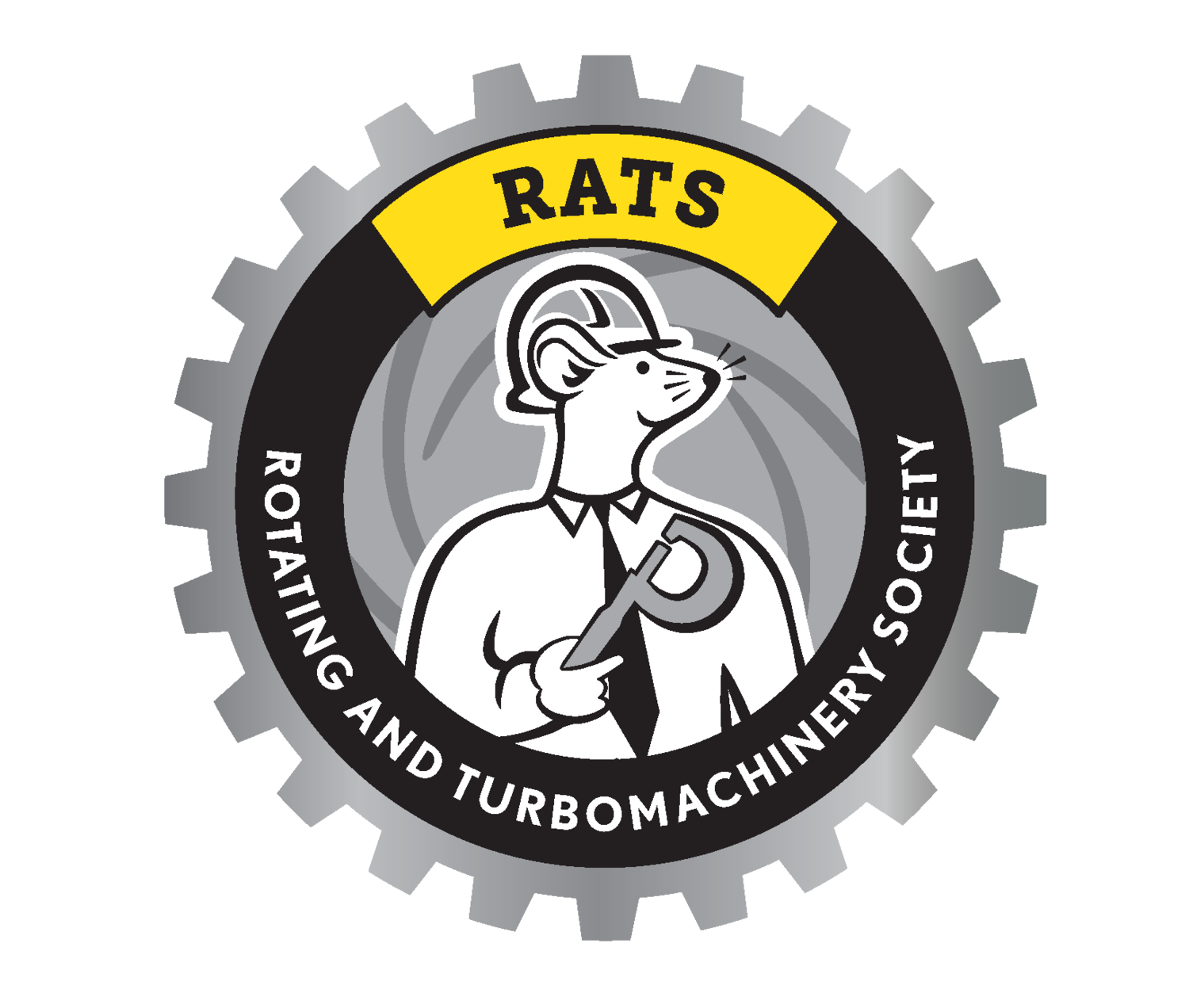TOPIC:
VOC Legislation and LDAR Impacts on Ageing Pump Fleets
INSTRUCTOR(S):
-
Richard Smith trained as design engineer with the Ford Motor Company working in both production and product development.
For the last 38 years Richard’s has focused on sealing technology. Joining AESSEAL in 1989, Richard has worked within the application engineering of sealing technology.
Richard became a Director of AESSEAL in 1998 and for the past 19 years has been at the company’s forefront of the Oil Gas and Petrochemical Industry sectors being involved with the development of products for both upstream and downstream applications. Richard is currently AESSEAL’s representative on the API 682 Task Force.
Richard has had many papers published at international rotating machinery events and numerous articles published in international journals. These have mainly been on the practical application of mechanical seal technology in Industry.
DETAILS:
One (1) hour presentation, including up to 15 min. Q&A
DESCRIPTION:
Regulatory requirement for VOC reduction has been in force in the USA for several decades. In Canada best in class users have voluntarily adopted similar practices.
From January 2023 facilities that produces liquid petroleum products by means of distillation of hydrocarbon compounds and associated petrochemical plants will now be subject to Canadian regulations. This now mandates Leakage detection and repair (LDAR) testing of equipment components three times per calendar year. The regulations provide LDAR exemptions for certain configurations of pump dual mechanical sealing systems, however the regulatory wording is ambiguous.
The presentation will review the impact that the regulations will have on pump fleets reliability particularly operators with older fleets of pumps. The LDAR exemption options will be discussed along with some of the challenges of the Canadian climate. A proposed improved wording that is aligned with terminology used in international standards such as API 682 & trade bodies such as the Hydraulic Institute will be offered.
Case studies form both USA and Europe will be presented, for individual applications where technology has been applied to legacy pump machinery with minimal intervention. Case studies of large fleets of legacy pump machinery have been upgraded to dual seals will be presented some of these fleets have seen little or no improvement in MTBR whereas some of fleets now enjoy best in class reliability.

